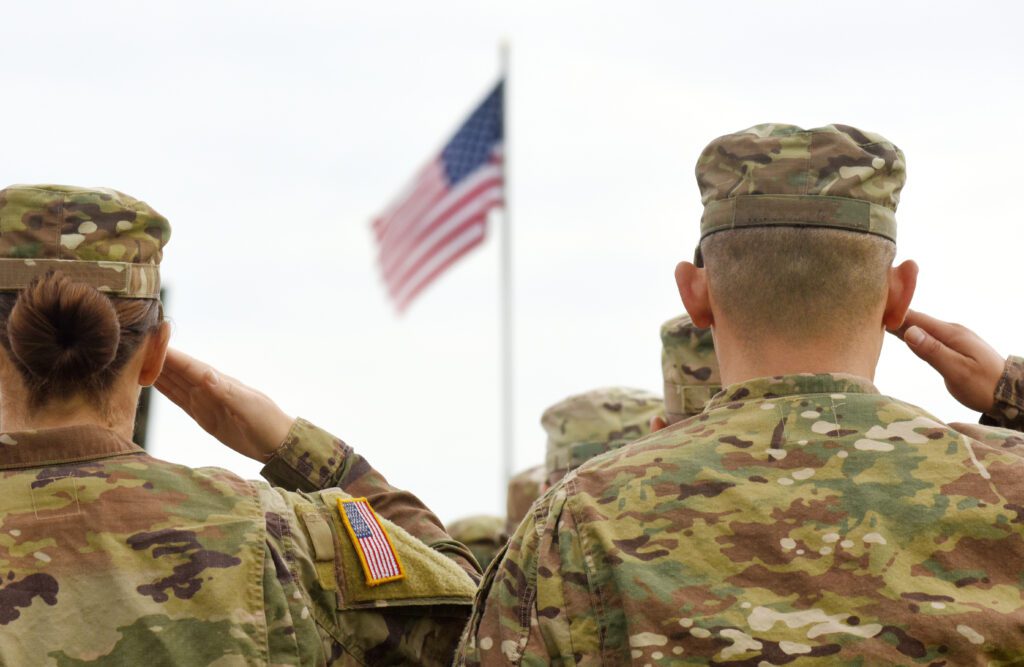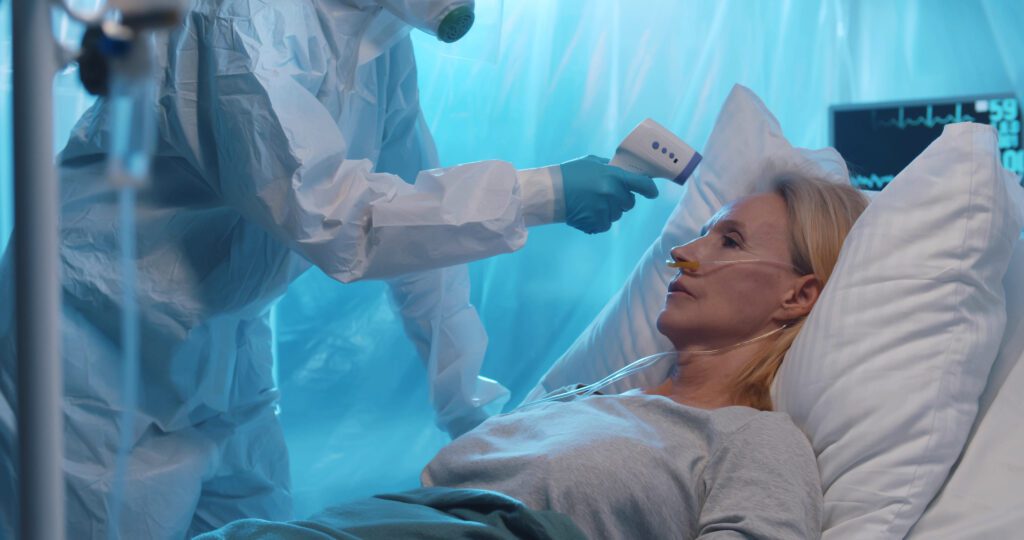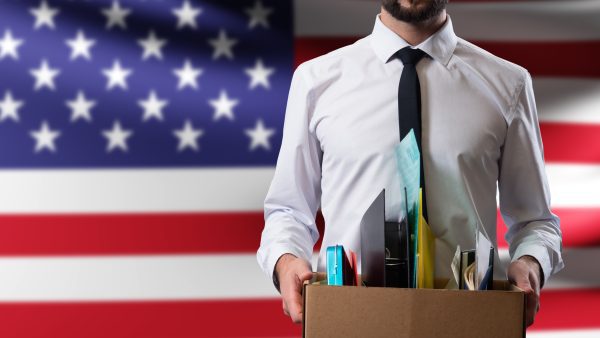Looking for Expert-Level VA Claim Answers?📱Call Us Now! 737-295-2226
The short answer is “yes,” you can get a VA disability rating for COVID-19.
However, the devil is in the details, and thus, many factors determine if a veteran’s “chronic residuals” due to COVID can be rated under the law.
COVID (by itself) does not have its own VA disability rating.
Rather, the VA will rate the “chronic residuals” from COVID under the most appropriate Diagnostic Code (DC), depending on the disability affected as well as the frequency, severity, and duration of symptoms.
Effective January 5, 2021, 38 U.S.C. 1164 established presumptive service connection for the Coronavirus Disease (COVID-19).
Source: For more information on the establishment of presumptive service connection for COVID-19, see Public Law (PL) 116-315, Section 4101, the Johnny Isakson and David P. Roe, M.D. Veterans Health Care and Benefits Improvement Act of 2020.
- VA Raters Reveal 3 SECRET Strategies to INCREASE Your VA Rating FASTER!
- How Do I Prove Service Connection for COVID?
- What is the Qualifying Period for a Presumptive Service Connection for COVID?
- How Do VA Raters Determine Service Connection for COVID?
- What is the VA Disability Rating for COVID-19?
- How Does Hospitalization Affect COVID VA Ratings?
- Looking for VA Claim Help? WE GOT YOUR SIX!
- About the Author
VA Raters Reveal 3 SECRET Strategies to INCREASE Your VA Rating FASTER!
So many veterans are stuck, frustrated, and underrated by the VA.
And we’re on a MISSION to change it so you and your family get the VA disability benefits you deserve for serving our country.
If you’re ready to increase your VA rating, regardless of past denials, checkout my brand-new FREE video training for 2023:
“VA CLAIM SECRETS: Top 3 Strategies to WIN Your VA Claim, PROVE Service Connection, and INCREASE Your VA Rating in Less Time!”
[Former VA Raters] Reveal SECRET VA Claim Tips & Strategies for Veterans…
Click the button below to launch the FREE training:
How Do I Prove Service Connection for COVID?

38 U.S.C 1164 provides that if symptoms of COVID-19 manifest within a defined period for individuals with qualifying service, COVID-19 shall be presumed to have occurred during the qualifying period of duty.
Important: While the law is specific to establishing service connection on a presumptive basis, there is no preclusion to other avenues of entitlement, such as
- Direct service connection under 38 CFR 3.303
- On the basis of aggravation under 38 CFR 3.306, or
- On a secondary basis under 38 CFR 3.310.
Reference: For more information on considering multiple theories of service connection, see M21-1, Part II, Subpart iii, 1.A.2.e.
What is the Qualifying Period for a Presumptive Service Connection for COVID?

The qualifying service for presumptive service connection for COVID-19 is as follows:
- Active duty from March 1, 2020, until January 5, 2024
- Active duty for training (ADT) under Title 10 or full-time National Guard duty (as defined in Section 101 of Title 10) under orders issued on or after March 13, 2020, until January 5, 2024, or
- Certain periods of inactive duty for training (IADT) during which COVID-19 is presumed to have been incurred occurring between March 13, 2020, and January 5, 2024.
References: For more information on
- Considering certain periods of IADT as qualifying service, see M21-1, Part VIII, Subpart iii, 10.2.c, and
- Verifying periods of ADT and IADT, see M21-1, Part III, Subpart i, 1.A.2.e.
As noted in M21-1, Part VIII, Subpart iii, 10.1.e, when COVID-19 symptoms develop during an applicable qualifying period of service, the duty period must have been more than 48 hours for presumption to apply relative to exposure to COVID-19 during that period.
When COVID-19 manifests within the 14 days following a qualifying period of service, there is no minimum length of service for the qualifying period.
How Do VA Raters Determine Service Connection for COVID?

While the law only addresses presumptive service connection for COVID, depending on the veteran’s circumstances, it could also be connected via direct service connection, secondary service connection, or service connection by aggravation.
VA Raters should use the table below for guidance on determining whether to apply presumptive or direct service connection provisions for COVID-19:
| If COVID-19 manifests … | Then consider entitlement to service connection via … |
| During a period of active duty | Direct service connection |
| Within the 14-day period after separating from active duty | Presumptive service connection |
| A period of ADT | Direct service connection |
| Within the 14-day period after separating from ADT | Presumptive service connection |
| A period of IADT | Presumptive service connection |
| Within the 14-day period after separating from IADT | Presumptive service connection |
What is the VA Disability Rating for COVID-19?

COVID-19 is an acute infectious disease, and therefore, does not have its own VA rating.
Therefore, the COVID VA disability rating is “N/A.”
COVID can only be rated based on chronic residual condition(s) of other VA disabilities that can be rated.
If a veteran previously had COVID-19 and is currently asymptomatic, the VA Rater should deny the claim based on no evidence of a current, chronic disability.
Important: Do not arbitrarily determine that a chronic disability is not demonstrated without relying on competent medical evidence.
References: For more information on
- Considering acute and transitory conditions, see M21-1, Part V, Subpart ii, 2.A.1.g, and
- Handling allegations of exposure to COVID-19, see
38 CFR 4.88b advises to rate any residual disability of infection within the appropriate body system.
As applicable, consider the long-term health effects potentially associated with the infectious disease.
If COVID-19 was diagnosed and resolved during a period of qualifying service or any applicable presumptive period, any chronic residuals attributable to the disease may be service connected.
To select a proper VA rating for COVID, VA Raters should assign the most appropriate Diagnostic Code (DC) for residuals based on general rating principles.
Serious long-term complications of COVID in veterans may include, but are not limited to, the following types of issues:
- Genitourinary (residuals of acute kidney injury)
- Cardiovascular (inflammation of the heart muscle, heart attack, stroke, blood clots)
- Skin (rash, hair loss)
- Audiological (hearing problems)
- Neurological, and
- Psychiatric (depression, anxiety, changes in mood).
Important:
- Since the long-term effects of this disease are still being studied, decision makers must rely on the expertise of medical professionals to determine whether the chronic residual is due to COVID-19. A medical nexus opinion will generally be required to determine whether a disability is a chronic residual of COVID-19.
- Evaluations for pension purposes must be based on permanent residuals of COVID-19.
Reference: For more information on requesting examinations in claims for service connection for residuals of COVID-19, see M21-1, Part VIII, Subpart iii, 10.5.
How Does Hospitalization Affect COVID VA Ratings?

If a veteran is hospitalized due to a complication of COVID-19 for over 21 days, apply the provisions of 38 CFR 4.29 to assign a hospital rating.
- Assign the hospital rating for the primary condition that warranted hospitalization.
- If the primary cause of the hospitalization is unknown, consider reported symptoms and other evidence of record to determine the most appropriate disability for which to assign the hospitalization rating.
- If the veteran remains hospitalized at the time the claim is considered, assign an open-ended hospital evaluation as warranted.
- Following the hospitalization, assign an appropriate schedular evaluation for any chronic residual, applying 38 CFR 4.31 when appropriate.
Note: Application of 38 CFR 4.30 requires surgical treatment, which may occur for treatment of certain COVID-19 residuals. However, do not apply the provisions of 38 CFR 4.30(a)(2) concerning the necessity of house confinement to a period of self-quarantine due to COVID-19 since self-quarantine would be unrelated to the surgical treatment.
References: For more information on
- Hospitalization ratings, see M21-1, Part VIII, Subpart iv, 8.B, and
- Convalescent ratings, see M21-1, Part VIII, Subpart iv, 8.C.
Looking for VA Claim Help? WE GOT YOUR SIX!
Click HERE now to join VA Claims Insider Elite, our premier education-based membership program, which also gets you discounted access to independent medical providers in our referral network for medical examinations, VA disability evaluations, and credible Nexus Letters for a wide range of conditions.
VA Claims Insider is the #1 most trusted name in VA disability claims:
- VA Claims Insider is a highly-rated, veteran-owned and operated business.
- 25,000+ disabled veterans served in our membership programs since 2016.
- 30% average VA rating increase for veterans who complete our #1 rated Elite program.
- Employs 144 teammates; comprised of 44 veterans and 12 military spouses.
- 4.7/5.0 average rating out of 3,000+ total reviews; over 2,000 5-star reviews.
We’re a company OF veterans, BY veterans, FOR veterans and we’ve helped 25,000+ veterans increase their VA rating since 2016!
At VA Claims Insider, we help veterans get the VA disability rating they deserve in less time, if you’ve already filed, been denied, or gave up.
About the Author

Brian Reese
Brian Reese is a world-renowned VA disability benefits expert and the #1 bestselling author of VA Claim Secrets and You Deserve It. Motivated by his own frustration with the VA claim process, Brian founded VA Claims Insider to help disabled veterans secure their VA disability compensation faster, regardless of their past struggles with the VA. Since 2013, he has positively impacted the lives of over 10 million military, veterans, and their families.
A former active-duty Air Force officer, Brian has extensive experience leading diverse teams in challenging international environments, including a combat tour in Afghanistan in 2011 supporting Operation ENDURING FREEDOM.
Brian is a Distinguished Graduate of Management from the United States Air Force Academy and earned his MBA from Oklahoma State University’s Spears School of Business, where he was a National Honor Scholar, ranking in the top 1% of his class.





